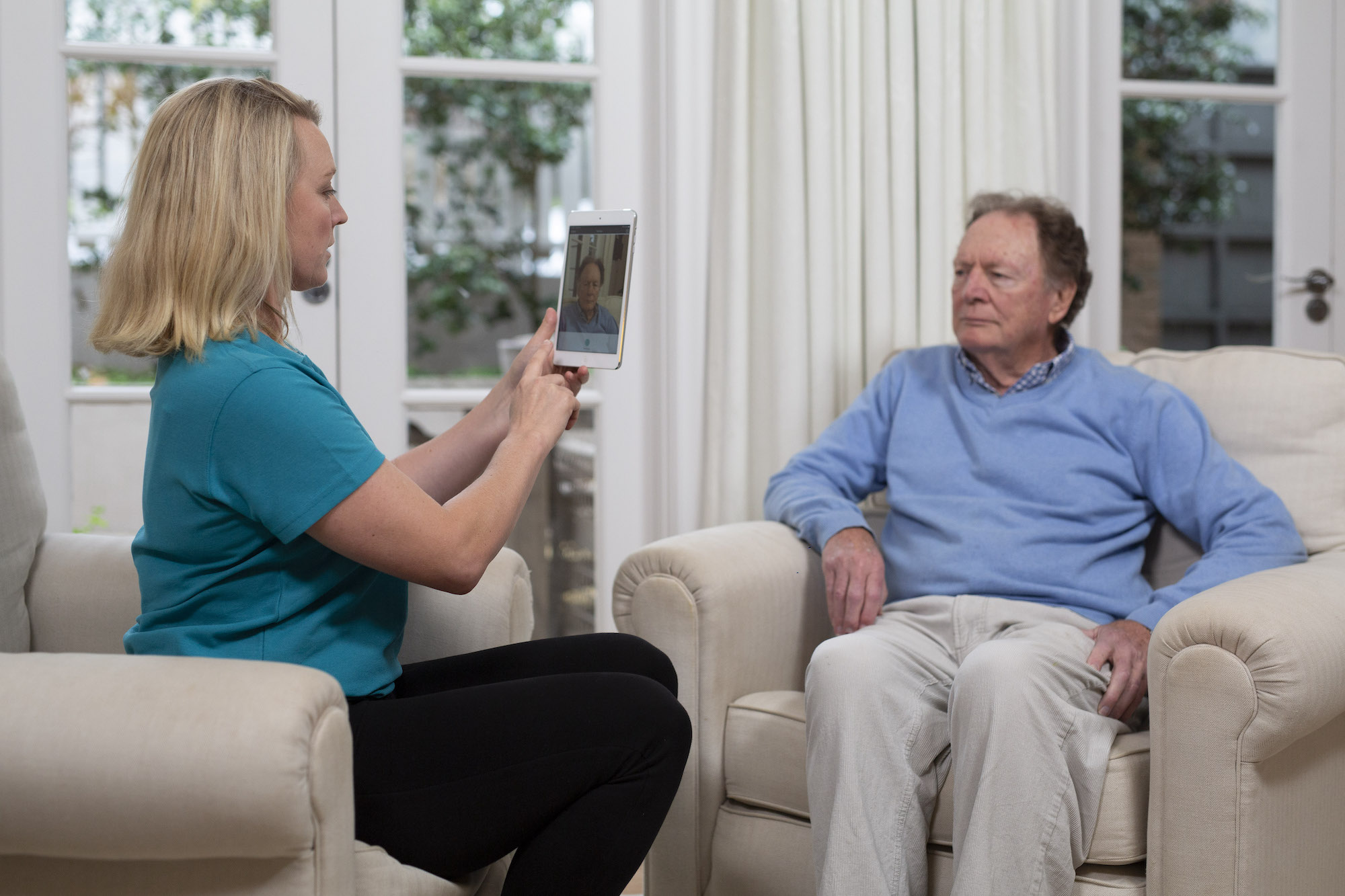These days, virtual connections have become a vital part of maintaining communication, relationships, and overall well-being. For residents in care homes, especially older adults, staying connected with loved ones can be challenging due to physical distance, mobility issues, or health concerns. Virtual connections offer a valuable solution, helping to reduce loneliness, improve mental health, and foster a sense of belonging.
Table of Contents
Combating Loneliness and Isolation
One of the most significant benefits of virtual connections in care homes is their ability to reduce loneliness and social isolation. Many residents, particularly in rural areas or smaller towns, have family members who live far away. With virtual platforms such as Zoom, Skype, or FaceTime, residents can have regular video calls with loved ones, helping them feel closer despite the distance.
According to research, regular social interaction, even through virtual means, can significantly enhance mental well-being. Seeing familiar faces and hearing loved ones’ voices fosters emotional connection and provides reassurance. This is especially important for individuals with memory issues, such as dementia, as familiar interactions can evoke positive emotions and memories.
Boosting Mental and Emotional Well-being
Frequent communication with family and friends plays a crucial role in maintaining mental health. In care homes, residents may experience feelings of depression or anxiety due to a lack of external interaction. Virtual visits can lift their spirits and give them something to look forward to.
In addition to personal connections, virtual platforms can facilitate group activities, such as virtual book clubs, fitness classes, or religious services. These activities provide mental stimulation and allow residents to engage with others beyond their immediate surroundings. Care homes that prioritize virtual connections often see improvements in residents’ mood and overall emotional well-being.
Enhancing Access to Healthcare and Support
Virtual connections also play a key role in accessing healthcare services. Telemedicine has become increasingly popular, allowing residents to consult with doctors, therapists, and specialists without the need for travel. This is particularly beneficial for residents with limited mobility or chronic conditions, as they can receive regular check-ups and consultations from the comfort of their care home.
Additionally, virtual support groups offer residents the chance to share their experiences with others in similar situations. Whether discussing health challenges, bereavement, or simply seeking companionship, these groups create a sense of community and provide emotional support.
Promoting Family Involvement in Care
Family involvement is essential in care homes, helping to ensure that residents receive personalized and compassionate care. Virtual platforms make it easier for family members to participate in care planning meetings, stay updated on their loved one’s well-being, and communicate with staff. This transparency fosters trust and ensures that families remain actively engaged in their loved one’s care.
For instance, residential care homes in Andover with Ashbourne Court have embraced virtual technology to keep families involved. Through video calls and digital updates, relatives can stay informed about their loved one’s daily life, contributing to a stronger bond and greater peace of mind.
Summing It All Up
Virtual connections are no longer a luxury but a necessity in care homes. They help reduce loneliness, promote mental well-being, facilitate healthcare access, and encourage family involvement. As technology continues to evolve, care homes that prioritize virtual connections will create more fulfilling and connected lives for their residents. By embracing these digital tools, care homes can offer a richer, more engaging experience that prioritizes the emotional and social well-being of those in their care.



